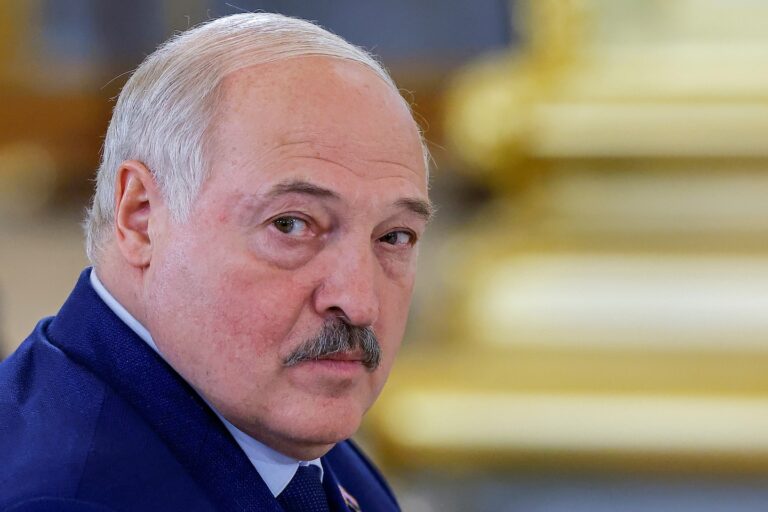The new rules, which take effect from Friday until the end of the year, will allow European travelers to stay in Belarus for 30 days without a visa, expanding an existing visa-free regime for residents of European countries arriving by air.
Lukashenko, who marks 30 years in power on Saturday, has ruled the former Soviet republic’s 9.5 million people with an iron fist and ruthlessly suppressed dissent, earning Westerners the nickname “Europe’s last dictator”. A brutal crackdown on protests after the opposition deemed his re-election in August 2020 presidential election a fake has deepened Lukashenko’s isolation.
More than 35,000 people were arrested, thousands were beaten in police custody, EU and US sanctions were imposed, and Belarus’ Soviet-style economy was dealt a major blow.
Valery Karbalevich, an independent political analyst, said the Belarusian authorities’ decision to extend visa-free travel to Europeans reflected an attempt by Lukashenko to court the West as he seeks a seventh five-year term in next year’s elections.
“Lukashenko does not want to hold the 2025 elections in a ‘besieged fortress’, he wants the West to recognise the results and is returning to a policy of balancing between the West and Russia,” Karbalevich said.
Lukashenko has weathered the protests with political and economic support from his main sponsor and ally, Russia, but he has recently signaled a willingness to repair ties with the West in an attempt to reduce his reliance on Moscow.
Earlier this month, the Belarusian leader promised to release prisoners who were detained during post-election protests and are now seriously ill. So far, 18 political prisoners have been released, including opposition leader Lihor Kastusiu, who has serious cancer.
Some were released under amnesty, while others were pardoned, although the latter had to publicly admit guilt.
Belarusian human rights group Viasna counts about 1,400 political prisoners in the country, including its founder, Nobel Peace Prize winner Ales Bialyacki. Viasna says more than 200 of them are seriously ill and in need of treatment.
The United States and the European Union welcomed the release of some political prisoners but called on Belarus to release everyone jailed during the 2020 protests.


